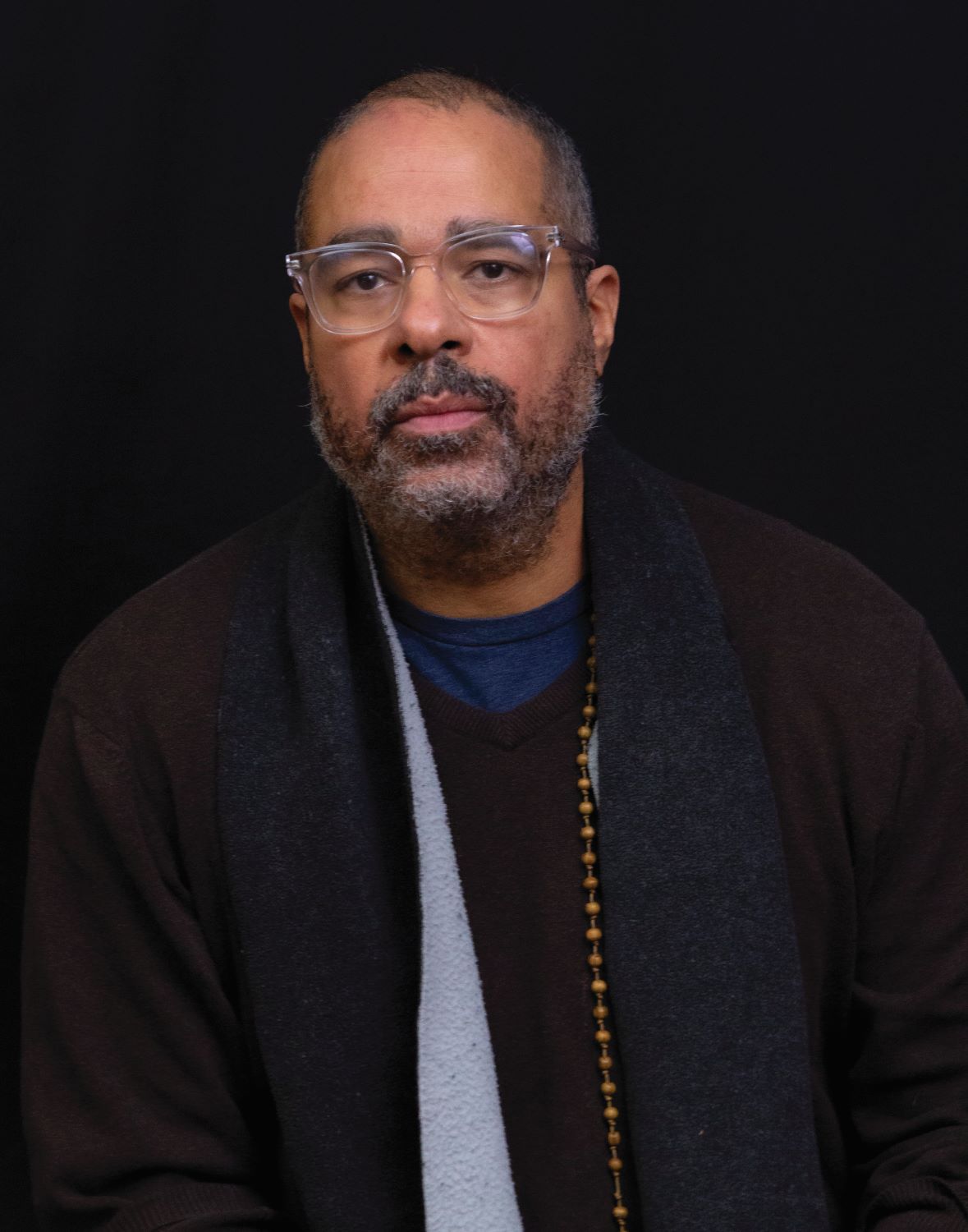As summer approaches, we are reaching out tentatively to one another, slowly finding ways to re-establish connection with family, friends, and community. Marked by incalculable losses and sorrow through the pandemic, and by the shifting of our lives into smaller spaces, we need time to unravel the strains of this past year. We all sense that our world has changed in fundamental ways.
It has been a year since the outpouring of anguish over the killing of George Floyd, sparking the largest social movement in the history of our country. Deep-seated injustices like the Floyd killing, long ignored by much of America, have prompted outrage and demands for change. We are relieved that the jury has found Chauvin guilty of his monstrous crime. Yet we know there is still much work to be done to free ourselves from police violence.
Many are acknowledging the unjust historic legacies of white supremacy, and we are learning that the “impossible” can happen. Thousands of people who have been languishing in jail cells awaiting bail have been released. Voters in Georgia have, for the first time, elected two progressive leaders to the U.S. Senate. Would be dictators have been driven out of office by thousands of African Americans, especially in rural Georgia, fighting for the right to vote.
Cities around the country are defunding bloated police budgets and allocating those funds to much-needed community services such as mental health care, domestic violence prevention, and after-school programs. Both the White House and the Congress, under new leadership, have enacted concrete measures to support working people and their families. In Detroit, we have a two-year moratorium on water shut-offs, as we continue to demand the solution of water affordability.
These shifting conditions have been realized as a result of the daily work being done by community activists and organizations all over the country. In Detroit, such groups are organizing to protect people and provide for our basic safety, as well as to ensure water, housing and education as basic rights for all. Since the killing of George Floyd, Detroit Will Breathe (DWB) has provided a bold, persistent public presence challenging police violence.
The Coalition for Police Transparency and Accountability (CPTA) and Moratorium Now have provided leadership in resisting police use of excessive violence, as in the recent murder of Hakim Littleton, and in understanding the threats posed by white supremacists such as those who stormed the U.S. Capitol. Both organizations have developed important public statements that are included in this issue. These community organizing efforts continue Detroit’s legacy as a city where we are committed to ensuring justice.
The Chief of Police and Mayor are proving to be out of step with this legacy. Chief Craig, with the support of Mayor Duggan, has parroted Trump-like phrases, accusing demonstrators of Marxist conspiracies, and inciting violence. His efforts to retaliate against DWB for having the audacity to challenge violent police tactics have been soundly slapped down by the courts. But such small-minded, petty efforts reveal much about the lack of character and misguided direction coming from this administration.
While courts have rebuked the Detroit Police, limiting their most abusive tactics against protesters, the Mayor, City Council, County Prosecutor, State Attorney General, and city and state civilian review boards have all refused to exercise their authority to curtail police violence. Their inaction endangers all of us.
Relinquishing authority in the Hakim Littleton case, Detroit prosecutor Kym Worthy refused to prosecute the police officers involved in the Littleton killing. Such a decision seeks to deprive the community of a full, independent investigation into this murder and leaves the police free to exercise deadly force without fear of consequences.
The injustices we are facing from the current city administration will not deter Detroiters’ efforts for change and justice. As we find ways to restore our connections, we will turn to the images, sounds, and voices of our artists. We appreciate deeply the clarity they bring to our understanding of today’s events and circumstances – as in the brilliant painting by Tzu Poré that serves as the cover art for this issue. Further, we celebrate enthusiastically the great contribution Shirley Woodson, Kresge Eminent Artist, 2021, continues to make to our lives.
Riverwise Community Update
In our Riverwise family, our managing editor, Eric Campbell, has suffered a stroke. He is recovering slowly, for which we are all thankful. We miss him and are looking forward to his return.


